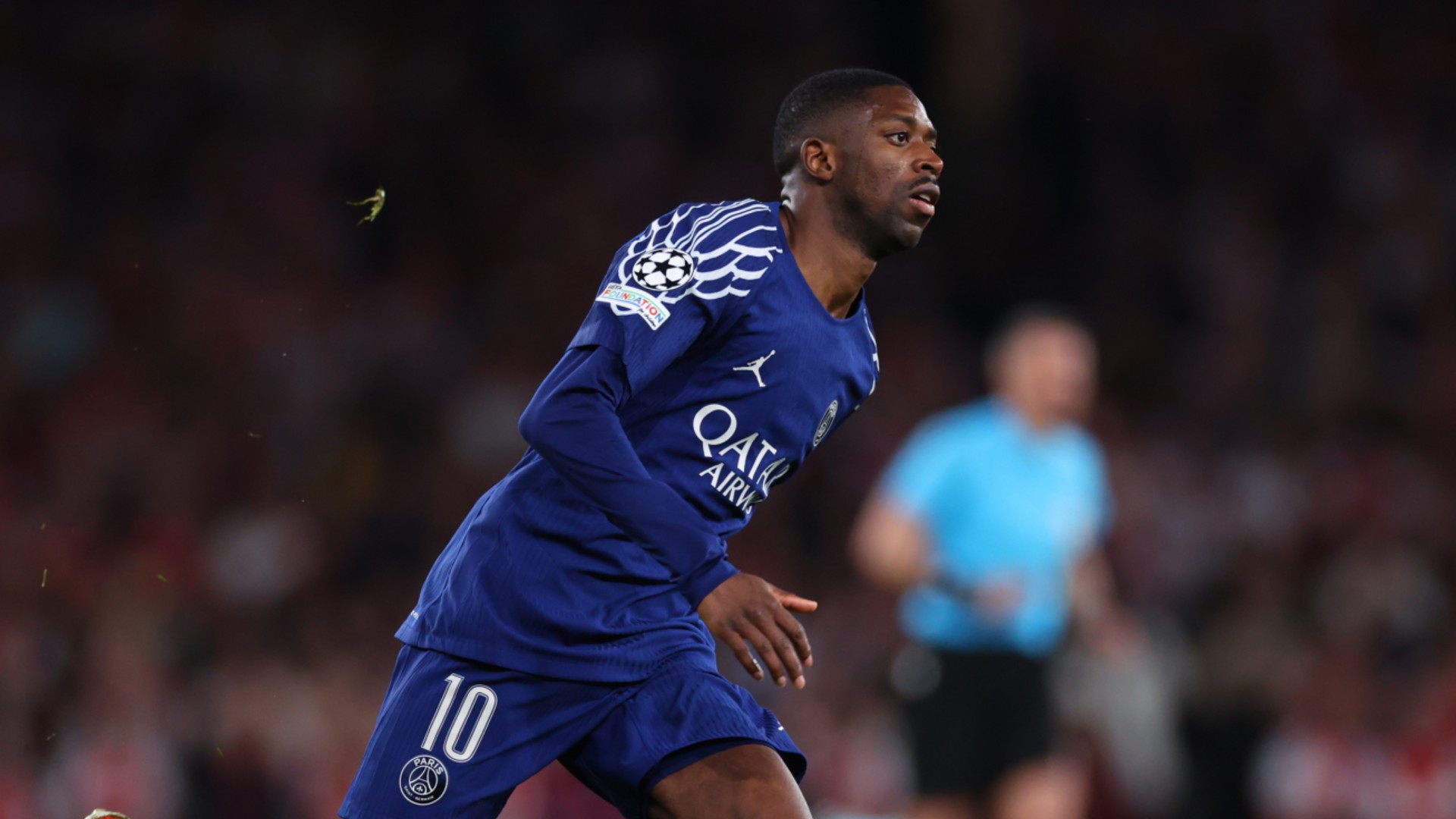PSG reshaped by Luis Enrique's quiet revolution
No longer a team of individual stars, Paris Saint-Germain have been one of Europe's most fearsome teams this season.
Luis Enrique is quietly reshaping the narrative around Paris Saint-Germain, as they gear up for their Champions League semi-final second leg against Arsenal.
The PSG coach, whose career has already seen success at Barcelona and with the Spanish national team, has introduced a distinct philosophy in the French capital, one where no individual rises above the collective.
The results have been telling.
PSG find themselves on the verge of a place in the Champions League final, with a decisive clash against Arsenal at the Parc des Princes on Wednesday after prevailing 1-0 at the Emirates Stadium last week following an impressive display of collective discipline.
Enrique arrived at PSG last season with a simple but firm mantra: 'No one head sticking out'.
At a club historically synonymous with star players — from Zlatan Ibrahimovic and Neymar to Lionel Messi and Kylian Mbappe — his refusal to build a side around individual talent raised eyebrows, particularly as the team struggled in the early stages of their Champions League campaign.
"You cannot understand," he quipped as an interviewer asked about his tactics during the league phase.
A string of unconvincing performances in the opening stage had indeed led critics to question whether Luis Enrique’s philosophy could succeed at a club where star power has so often overshadowed tactical cohesion.
Yet, months later, his approach appears vindicated. PSG have evolved into one of the most cohesive and tactically disciplined sides in Europe this season.
PSG (130 goals) are the second-highest scorers across Europe's top five leagues in all competitions, behind Barcelona (160), while only Bayern Munich (67.99%) have averaged more possession than Luis Enrique's team (67.48%).
PSG also went 30 games unbeaten in Ligue 1 this season, setting a new club record in the process, and falling just short of the overall record, set by Nantes (32) in 1994-95.
Central to their resurgence has been an emphasis on pressing as a unit and maintaining balance between attack and defence. The transformation is most evident in the midfield, once seen as a relative weakness, now operating with precision and control against some of the continent’s elite.
Luis Enrique’s commitment to the collective has also signalled a broader cultural shift within PSG. The club’s previous reliance on individual stardom, a hallmark of the Qatar Sports Investments era, has been replaced by a system in which every player’s role is clearly defined within a wider tactical framework.
The likes of Ibrahimovic, Neymar, and Messi may have delivered memorable moments in Paris, but under Luis Enrique's stewardship, the days of tailoring a team around a single superstar appear to be over.
Notably, Luis Enrique foreshadowed this evolution last year, revealing in post-match interviews that his focus was already on building a side for the following season. That long-term vision is now bearing fruit.
Ironically, from this resolutely collective approach, PSG may yet produce the next Ballon d’Or winner.
Ousmane Dembele, rejuvenated under Enrique and thriving in a system built on teamwork and tactical discipline, has emerged as an outside contender for football’s most coveted individual honour, the Ballon d'Or, a fitting paradox for a club undergoing its quiet revolution.
Dembele, whose goal proved decisive in the first leg against Arsenal last week, has netted 33 times in all competitions this term.
With the Ligue 1 title already secured and a Coupe de France final coming later this month, PSG are in the hunt for a treble.
Opta's supercomputer ranks their chances of progressing to the Champions League final at 80%, and according to the model, PSG are the overall favourites to win the total, having done so in 42% of the simulations.








